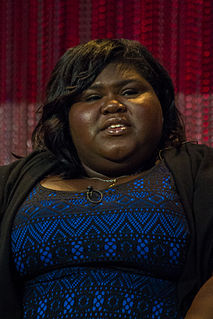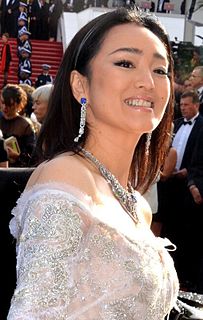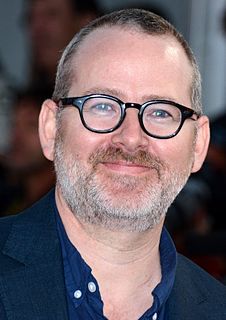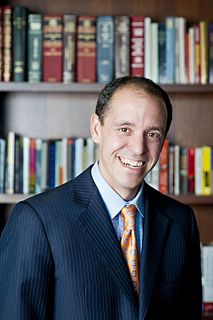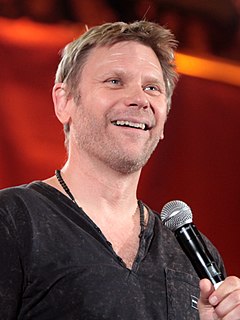A Quote by Trace Lysette
I feel like if Hollywood can stretch for inclusion and intersectionality, and being intentional with its intersectionality, that that can ripple out past Hollywood into whatever industry and kind of affect society as a whole.
Related Quotes
The problem in Hollywood is that they try to become the only kind of cinema in the world, okay? The imposition everywhere of a unique culture, which is Hollywood culture, and a unique way of life, which is the American way of life. But Hollywood has forgotten that, in the past, what made Hollywood great and what made it go ahead was the fact that Hollywood was fed with, for example, Jewish directors coming from Germany or Austria and enriching Hollywood. In 15, 20 years, Hollywood became imperialistic. Cinema goes ahead when it is marriaged by other culture. Otherwise, it turns on itself.
I appreciate it if I make a Chinese film. And if there is an opportunity to make a Hollywood film, I will take it - especially because, as you probably know, in Hollywood, even today, there are not a lot of big roles for Asian performers. So it is a great opportunity. It is possible to make films that people everywhere enjoy. I travel quite a lot. I don't really feel like when I am in China, I am a Chinese person and when I'm here, I'm a foreigner. I don't feel that kind of difference anymore. In the past I did. Not anymore. I feel quite at home everywhere. The whole world is my home.
In my opinion, Hollywood doesn't know the context. Hollywood sees a David and Goliath story with Israel being cast in the role of Goliath, as the evil aggressor. The Palestinians are simply innocent reactors to whatever Israelis are throwing at them. And everything - like their economic situation - excuses the savagery.
I loved acting as a kid because I was kind of shy, so it brought me out of myself. Acting for kids is like playing house, you know? But growing up in Hollywood, it just made it seem possible. It wasn't like some idea of going to Hollywood; it was in my backyard. I lived two blocks from Grauman's Chinese Theatre growing up. It was what people did. It's an industry town. So it wasn't some far-off fantasy, it was like "Oh yeah, when you grow up, you do this because that's what people do here."
What I didn't tell her was that I distinctly remember walking out of my junior year English class reading, 'Amandla Stenberg comes out as queer.' She unknowingly set a precedent in my life, a gold standard of how to be proud and exist in the intersectionality of multiple identities that were one thought of as being conflicting.


